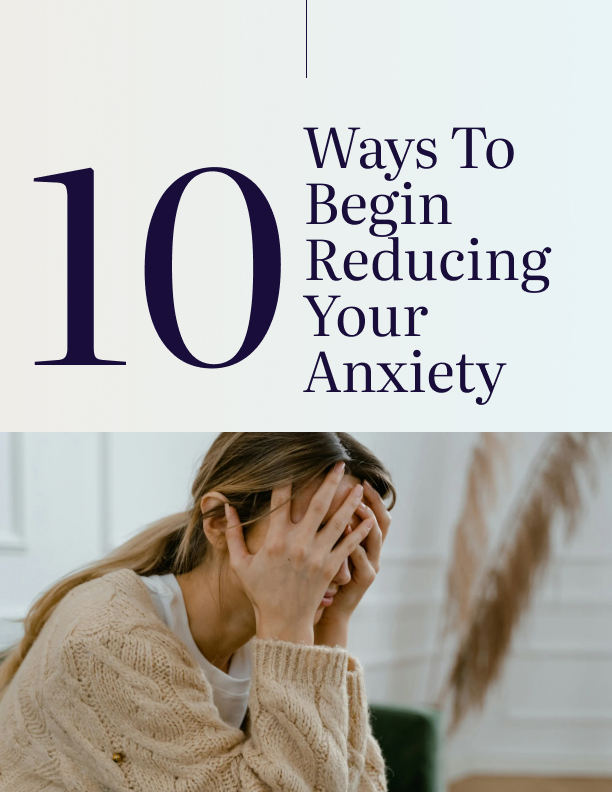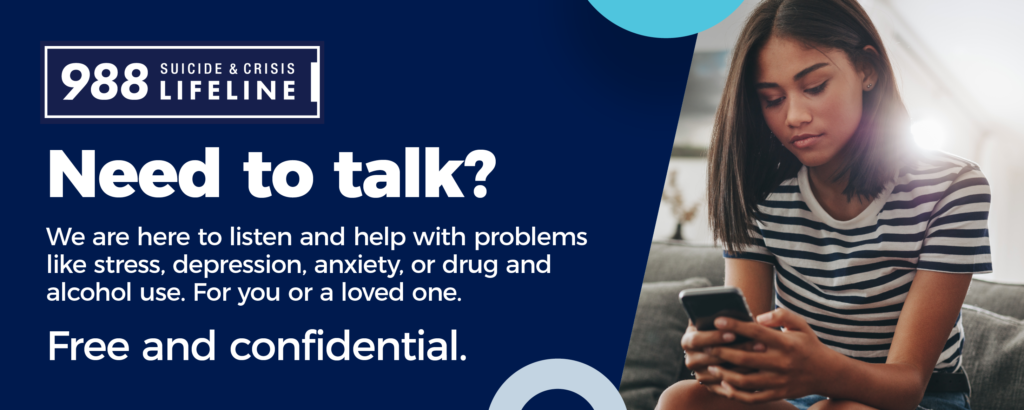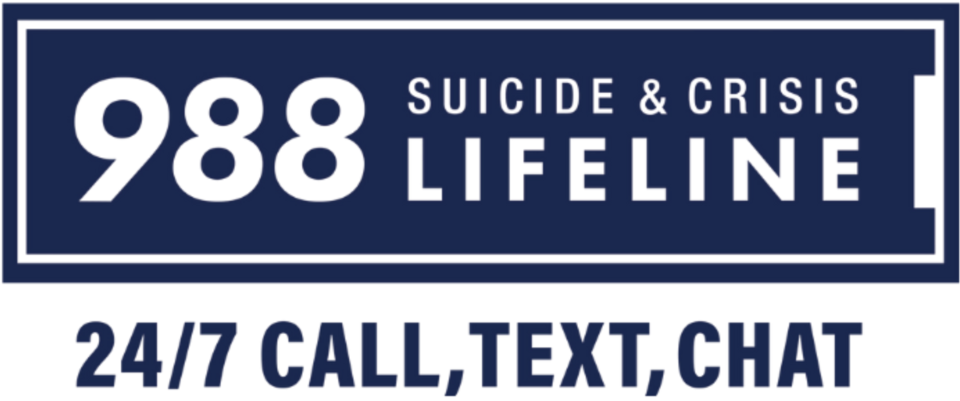
You can begin reducing your anxiety today. Start by reviewing the ten ways you can reduce your anxiety. Then pick two or three to begin using today. After a week or so, add another way. Keep going until you are using all ten ways.
Trauma is not merely an emotional injury. It is an injury of the body. When we experience trauma there are often physical reactions that are stored in our bodies that block healing. By discovering and releasing these reactions we allow healing to take place.
PTSD stands for Post-Traumatic Stress Disorder. The symptoms often begin within three months of experiencing a traumatic event. However, in some cases it can be years after you’ve experienced the event.
Symptoms are grouped into four types:
There are many forms of anxiety. Generally, anxiety consists of fear, worry, and a feeling of being overwhelmed. You feel these things constantly.
Sometimes your anxiety is about something specific. For instance, students often experience anxiety because they worry about grades and/or getting into the next school or university. Many people worry about not getting a job or losing the job they have. Often anxiety is accompanied by imagining the worst possible outcome. For example, “If I don’t pass this test, I’ll flunk the course. I won’t get into a good college and then I won’t get a good job.” Imagining the worst possible outcome is called catastrophizing.
A lot of people feel anxiety today because of the issues that are present in our world. The American Psychological Association in 2023 did a study that found there are 10 things that drive anxiety for over a quarter of the population. These include fears such as: our Nation won’t survive; four different forms of gun violence; racism; and the economy.
It is also common for you to feel anxiety yet not be able to identify its focus or cause.
There are a number of forms of depression including major depression, major depressive disorder, or clinical depression. It is a common and serious disorder. All forms of depression can contain a sense of hopelessness; persistent sadness; loss of interest in people and experiences that used to bring you joy; lack of motivation; sleeplessness; significant weight gain or loss; and potentially thoughts of suicide.
If you or someone you know seems depressed and may be thinking of hurting themselves call the National Suicide and Crisis Lifeline at 988. You can also find options for communicating through voice, text, chat or ASL at https://988lifeline.org.
Loneliness can often be effectively relieved through psychotherapy that encourages and supports the development of social behaviors aimed at initiating and nurturing healthy, fulfilling relationships.
Through guided therapy sessions, you can explore the barriers that keep them isolated and learn practical strategies to engage more confidently with others.
By identifying and addressing negative thought patterns, social anxieties, or past experiences that contribute to loneliness, therapy helps foster emotional growth and resilience.
Burnout is not officially recognized as a psychiatric disorder by the American Psychiatric Association. However, it is the subject of a great deal of research including the costs of burnout to people’s well-being and the economic losses to people, organizations, and communities.
Burnout has three components:
Participating in support groups in combination with psychotherapy can be very effective in helping you resolve grief. There are five stages in resolving grief including denial, anger, bargaining, depression, and finally acceptance.
Each of us will go through the stages of grief in our own unique way. Grief is natural and healthy as long as you keep progressing through the stages. Again, participating in support groups and psychotherapy can ensure your healing.

No. I’m an out-of-network provider. While I don’t accept insurance, with your permission I will give you a statement you can submit to your insurance company. It will show a diagnosis (required by the insurance company), the treatment provided, and my fee. If you have questions about your coverage or want to know how much your insurance will reimburse you, it is best to call your insurance carrier directly. You will want to ask the reimbursement rate for out-of-network psychotherapy.
All sessions are held virtually using Zoom. Zoom is HIPPA compliant. That means it will keep all of your information secure and confidential.
Holding sessions virtually means that you don’t have to add traveling to my office in addition to the 45 minutes you actually spend in a session. You have the flexibility of being at home or at work to have a session. Whatever location is the most convenient for you. Also, virtual sessions increase privacy as there is no waiting room.
That’s a really important question. There has been a dramatic rise in the number of people in need of mental health treatment for well over a decade. In particular, burnout, anxiety, and depression continue to increase at alarming rates across all ages, ethnicities, races, and identities.
The American Psychological Association did a study with over 15,000 participants that identified the top ten issues contributing to stress – and therefore anxiety and depression. The issues are:
Inflation ¨ The Future of Our Nation ¨ Violence and Crimes ¨ Mass Shootings ¨ General Gun Violence ¨ Healthcare ¨ Increased global tension/conflict ¨ The current political climate ¨ The coronavirus pandemic ¨ The racial climate in the US
The stress caused by these issues surrounds us all day and every day. They make us hyper aroused feeling like we need to take flight or fight.
YES! Without doubt social media is toxic. Social media platforms and smart phones are designed to be highly addictive. They expose us to harassment, bullying, and negative social comparison.
A number of Principals and other education leaders in the U.S. have begun forbidding smart phones inside school buildings.
Are they met with student outrage?
Initially students report having much better social lives. Becoming friends with students they ride the bus, eat, and hang out with. The evidence suggests they are less stressed, happier, more creative, and more successful academically.
Not at all. You can develop a mindfulness practice or take up yoga. You can intentionally spend more time in-person with people. Having a simple cup of coffee once a week with a friend can reduce feelings of loneliness and isolation.
You can volunteer. Helping others makes us feel better as well as the folks we help. Developing your spiritual life is another activity that can improve your overall sense of contentment.
